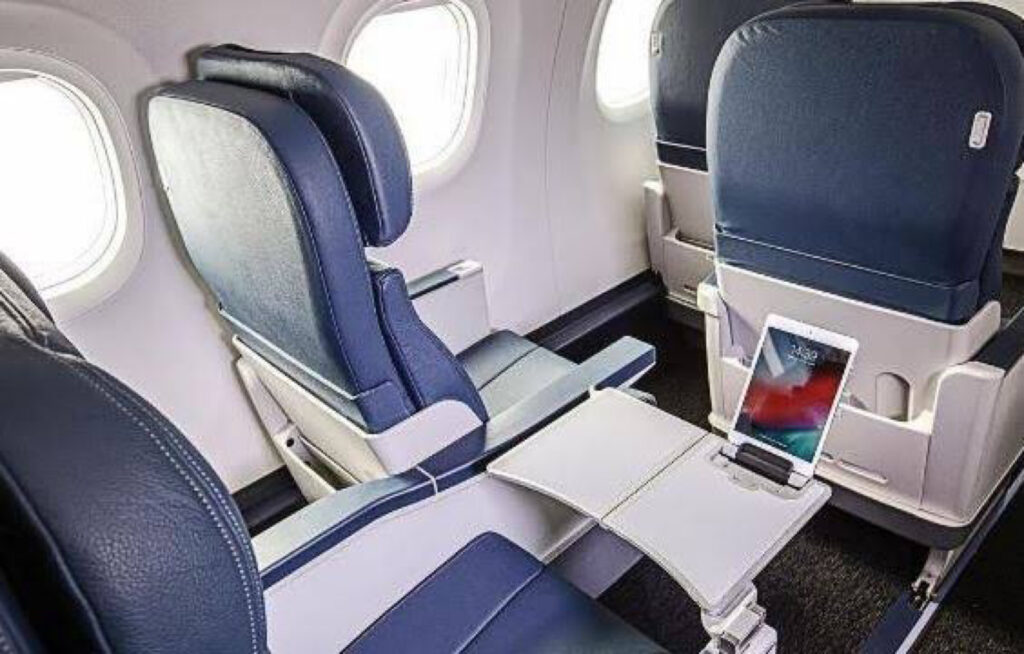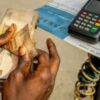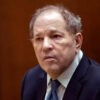News
Here Is Why Flight Ticket From Nigeria Is Higher Than Other African Countries
According to a recent review of ticket prices, a one-way economy class ticket on Turkish Airlines from Lagos to London cost $1,636 (or N1,313,708 at the rate of N803/$ in the I&E window).

Turkish Airlines, on the other hand, charged $469 (N376,607) for a one-way ticket from Cotonou to London on the same day.
Despite the great distance, it has always been less expensive to fly from South Africa to London or Istanbul than it has to fly from Lagos on the same day and with the same carrier.
Many Nigerian travelers fly from Accra, Ghana to London, Canada, and other regularly frequented locations in an effort to save money because to the disparity in ticket rates.
Then, why are ticket costs from Nigeria and other African countries so drastically different from one another? Is this worrying trend only a scam, as many people have said, or are there other contributing causes as well?
Some aviation industry participants have stated that other African countries with high currency rates and imprisoned cash nonetheless have comparably cheaper fares than there are in Nigeria, despite the fact that foreign airlines have connected the high cost of tickets to the exchange rate in Nigeria and its trapped funds.
Some interested parties claim that foreign airlines have continued to take advantage of Nigerians by “ripping off” them by exploiting demand and the lack of Nigerian carriers on international routes.
Base fares on the route fell from N400,000 on Emirates and Qatar to roughly N250,000 when Air Peace started flying from Lagos to the United Arab Emirates in 2019.
“We just need our local airlines to stand up to the task and compete with these foreign airlines coming here to rip us off. All foreign airlines operating in Nigeria increased fares exponentially but same airlines’ tickets are cheaper in neighbouring countries to the same routes,” a stakeholder who did not want to be mentioned told BusinessDay.
Another stakeholder explained that Virgin Atlantic tried to fly to Accra from London with the same aircraft configured for Nigeria with heavy emphasis on upper class but it quietly quit even at the lower fares.
“Nigerians were now flying to Ghana to take advantage of the slightly lower fares to the UK. If no one can bankroll an airline with the financial muscle to equip it with dozens of aircraft to fly locally then even international is a near impossibility. If we lower our taxes and improve efficiency then the airlines could lower their fares. If we code share on lucrative routes with local airlines partnering to take a small share we might be able to get in the game,” he said.
He noted that if Nigerians accepted that jet turboprop aircraft are the best Nigeria can afford for local flights and had a hundred of them, the country would have the beginnings of an industry.
He said: “As long as we scare away the only airline in the world that was persistently trying to do business with us because they understand our market and value our custom (Ethiopian Airways), we aren’t flying anywhere in a hurry. It will take us 100 years.
“When you look at the taxes airlines are charged in conjunction with exchange rate issues (hopefully now rested but they still need to get their money out) coupled with lack of competition on the route, they can pretty much charge what they like, provided they continue to get passengers who are willing to pay.”
Last month, the International Air Transport Association (IATA) disclosed that Nigeria owed $812.2 million out of $2.27 billion trapped funds, making it the country with the highest trapped funds globally.
Kingsley Nwokeoma, president of Association of Foreign Airlines and Representatives in Nigeria, told BusinessDay that foreign airlines are not ripping off Nigerians in anyway but the exchange rate and trapped funds which is close to one billion dollars has forced them to block the low inventories (low fares) in Nigeria while these low fares are available on other African ticket-selling platforms.
He said this action is simply to reduce the amount of trapped funds in the country.
“If the government does not work with foreign airlines to resolve the issue, it will affect the Nigerian economy and will be a plus to other neighbouring countries,” Nwokeoma said.
He advised the Central Bank Nigeria (CBN) to sit down with the airlines and try to see how they would pay part of the money to the airlines. “Boeing will not ask the airlines if people are repatriating money or not. They want their money paid. The same applies to other service providers,” he added.
The AFARN president said that the amount of money being owed by the CBN “is embarrassing because it is a business these airlines are running and if there are no funds, it will definitely affect safety”.
Seyi Adewale, an aviation analyst and chief executive officer of Mainstream Cargo Limited, told BusinessDay that international airlines are significantly benefitting from a barrage of odds against the Nigerian travelling citizens, adding that the odds could start from an overview that the propaganda is generally not in Nigeria’s favour.
Adewale said: “The general narrative that international airlines have trapped funds already places us at a disadvantage as resounded by IATA.
“Secondly, the notion that pre-existed the floatation of the naira is that there was a wide disparity and indeed an arbitrage between official naira dollar exchange rate and that of the parallel exchange rate that accentuated the controversy of what exchange rate the airlines are to adopt and how this affects the repatriation of their funds.
“There were about four exchange rate platforms with significant differing rates amongst all the four. This may have been tamed by the recent fact that the naira-dollar now has managed-floatation policy from the new federal government that has potentially limited the propaganda narrative against Nigeria. It is instructive to note the out-of-box thinking that is now at play regarding the currency and debt swap allegedly adopted by Ethiopian Airlines and Dangote Group.”
He said the international airlines benefit from the fact that domestic airlines are yet to substantially demonstrate the capacity to fly long haul routes and “Nigeria does not have a national carrier able to ‘fight back’ in a reasonable manner or benefit from the signed Bilateral Air Service Agreement with the respective countries”.
He said it will not be surprising that the countries party to these agreements are not willing, interested or supportive of the recognition of the domestic airlines in a fair manner.
“Relating to our culture, the propensity for Nigerians to travel at the slightest instance further exacerbates this issue with its hugely dispersed Diaspora population,” Adewale said.
“It may please us to remember that airline ticketing/ selling rates are also demand and supply based. This can be proven with the high disparity between flying in or out of Lagos as compared with that of Abuja,” he said.
Olumide Ohunayo, an industry analyst and director of research at Zenith Travels, said the continuous increase in ticket on the Nigerian route is because of the demand pull.
According to Ohunayo, this demand pull is not being met by capacity on the route and that is why the price difference is so much.
He said: “As popular as the London route is with 21 frequencies already used to the maximum by British carriers, we need a representative on this route. Listening to the Air Peace chairman, it is not the will but the support. Government needs to support local locals on international routes.
“When an airline flies into another country, it becomes a flag on that route. The ministry of justice, foreign affairs and aviation are supposed to follow the airline through. The airline must not be a national carrier before it gets protection. Virgin Atlantic is protected by the British government on issues that have to do with international trade and the same applies to numerous carriers from the United States.”






















